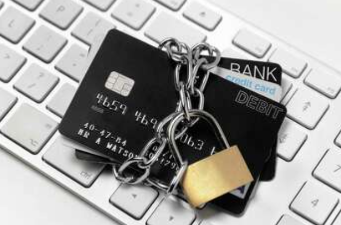In the United States, the risk of data breaches is ubiquitous, which could put your personal information in the wrong hands.
In the United States, the risk of data breaches is ubiquitous, which could put your personal information in the wrong hands.

When to lock or freeze your credit report
If you notice any of the following, lock or freeze your credit report immediately and call the police:
Data breach: Hackers break into your system and steal your personal information.
Suspicious activity: Transactions you don't recognize appear on your credit report, such as accounts you didn't open.
Identity theft: Someone uses your personal information to buy items or open accounts.
When not to lock or freeze
If you lose your credit card or discover potentially fraudulent transactions, you usually don't need to request a lock or freeze on your credit report. Your lender will usually resolve the issue by sending a new credit card with a different number.
The difference between a credit report lock and freeze
Although all three major credit bureaus offer credit report locks and freezes, you can't use both at the same time. When you decide to end a freeze or lock, be sure to contact each credit bureau.

How to lock or freeze your credit report
Equifax: Offers a free credit lock service called Lock & Alert. You can swipe to lock/unlock your credit directly after signing up online.
TransUnion: Offers a free credit lock service called TrueIdentity. You can lock your credit with one click after registering an account online.
Experian: Doesn't offer a free credit lock, but does offer a free credit freeze. You can freeze your credit directly after registering online.
Other considerations
Locks and freezes won't affect your credit score, but they usually prevent you from applying for new credit during the lock and freeze period.
You and your current lenders can still check your credit reports and scores.
By taking these steps, you can ensure that your credit information is properly protected in the event of a data breach or other security incident.
